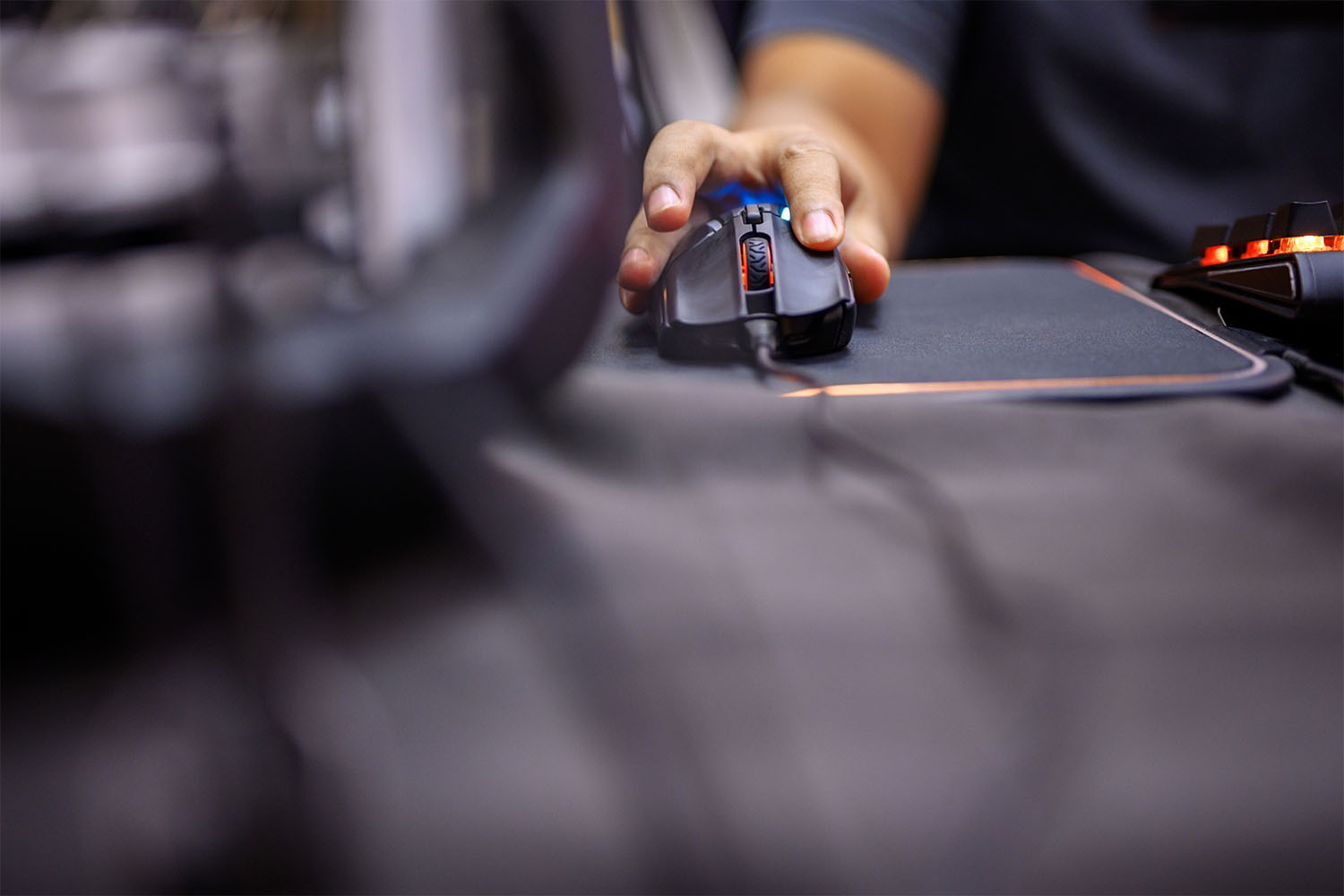Fight against counterfeiting: does legitimate protection of a company's Intellectual Property justify limiting tech interoperability?
Published on 16th February 2021

On October 26, 2020 the French Competition Authority (FCA) refused the commitments proposed by Sony relating to the licensing conditions for the manufacture and distribution of controllers compatible with its best-seller console. These commitments were intended to eliminate competition concerns the FCA had identified in relation to Sony's dominant position in the market - and the necessity of the licence to enable third parties to compete. However, the FCA considered the commitments proposed by Sony did not adequately address the competition concerns that had been identified, so it reopened its investigations into the manufacturer.
The case is a clear example that, for companies in a dominant position where access to their technology is essential to compete, the argument that restrictions on interoperability of tech are required to protect its IP will only go so far with competition authorities, and terms of access will be closely scrutinised.
Initial competition concerns
Sony manufactures and sells the best-seller PlayStation consoles and the related controllers in Europe and in France. Three types of adapted controllers exist: those produced by Sony, those produced by manufacturers under license and those produced by third parties without a licence. In order to fight against the selling of counterfeit controllers, Sony had developed technical requirements which affected and limited the functionality of controllers sold by unlicensed third parties when used with its consoles.
Following a complaint by an accessories manufacturer, the FCA launched an investigation into Sony in 2016. In considering whether these measures were proportional in the context of the legitimate aim of protecting Sony's intellectual property rights, the FCA underlined that Sony's competitors needed to have access to the license, and therefore access to the technical specifications to enable them to provide controllers compatible with the bestseller console.
In its preliminary assessment, the FCA informed Sony that the existing conditions for granting the license were too opaque as:
- Sony did not reply to all third parties’ requests to become a licensee.
- License refusals or terminations were not justified by objective criteria.
The FCA therefore considered that the existing conditions risked Sony abusing its dominant position.
The commitments proposed
On 18 November 2019, Sony proposed three-year commitments to address the competition concerns raised by the FCA, including:
- A commitment that the company would provide French manufacturers and distributors of controllers with objective criteria (such as technical, quality and security norms, with regard to the innovative nature of the controllers). These criteria would be applied on a non-discriminatory basis.
- A commitment that the company would set up license fees which were linked to the turnover of the manufacturers, rather than a "one-size fits all" approach. Sony notably committed not to set the fees at a level that would prevent the licence existing in the French market.
- A commitment that, where the Company refused to grant or terminate a licence, the manufacturer/ distributor would be provided reasons for the decision.
Following a market test phase to collect the comments of the interested parties, the FCA finally refused on October 26 2020 to accept the commitments, stating that they would not adequately address the competition concerns identified.
The reasoning for the FCA's decision is currently unclear as no decision has been released however as a result, the FCA is undertaking a new phase of the investigation into the manufacturer, whose distribution scheme and internal procedures are expected to be subject to more thorough analysis, and result in a possible fine for Sony. Sony may also be required to make changes to its distribution scheme for console accessories which could set a precedent for the market more generally.
Osborne Clarke comment
The case underlines the fact that, not only is it essential for companies engaged in a fight against counterfeit products to have a properly considered distribution scheme, but that companies in a dominant position on a market on which they own a licence must keep the conditions of granting access to this licence under close scrutiny.
In particular, these dominant companies must ensure that where access to a licence is essential for third parties to compete, any criteria for access is established on a fair and non-discriminatory basis. Dominant players should not assume that they are safe from a competition challenge just because there is no blanket refusal to provide a licence to third parties – criteria needs to be carefully considered to ensure that it creates a level playing field for potential competitors. Protection of a company's intellectual property, while a legitimate aim, will not justify a company stifling competition on those grounds.
More broadly, while this is a French decision impacting French manufacturers and distributors, these concerns are by no means limited to the French market. Dominant companies in the world of tech are under close scrutiny by competition authorities where access to the technology or data held by that company is essential for others to compete, and with new regulations to curb the power of "big tech" being formulated both at an EU and national level, the expectation is that mandated interoperability will form a key part of the new proposals.
The development of this regulation is a key area to watch in competition law, and although the focus of the regulatory proposals has, to date, been centred on digital markets, the FCA's investigation demonstrates that concerns about interoperability of tech are not exclusive to the world of digital advertising and social media alone. Companies active in Interactive Entertainment should accordingly keep a close eye on these significant developments.
Interactive Entertainment Update | February 2021
Read the series overview here, or view all games and interactive entertainment Insights here.





